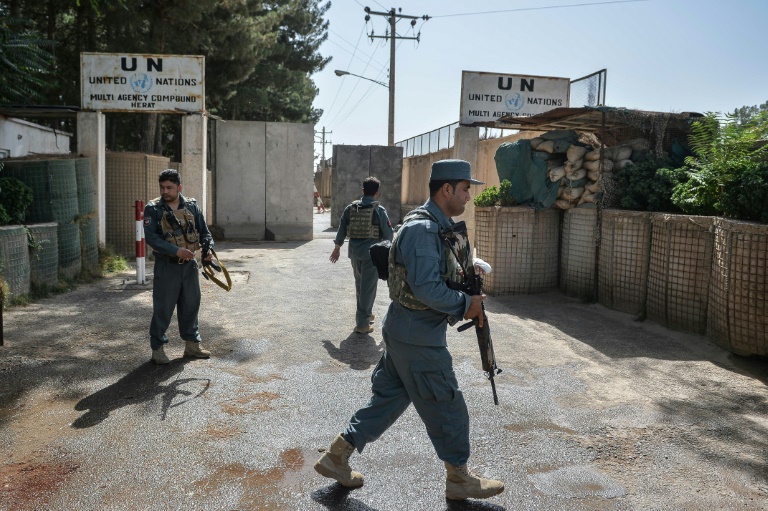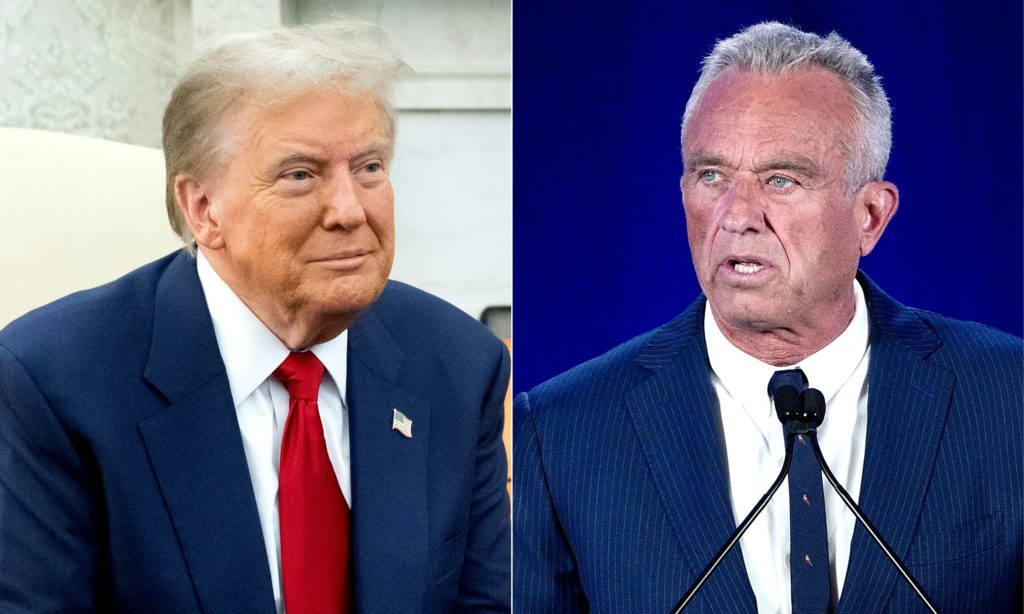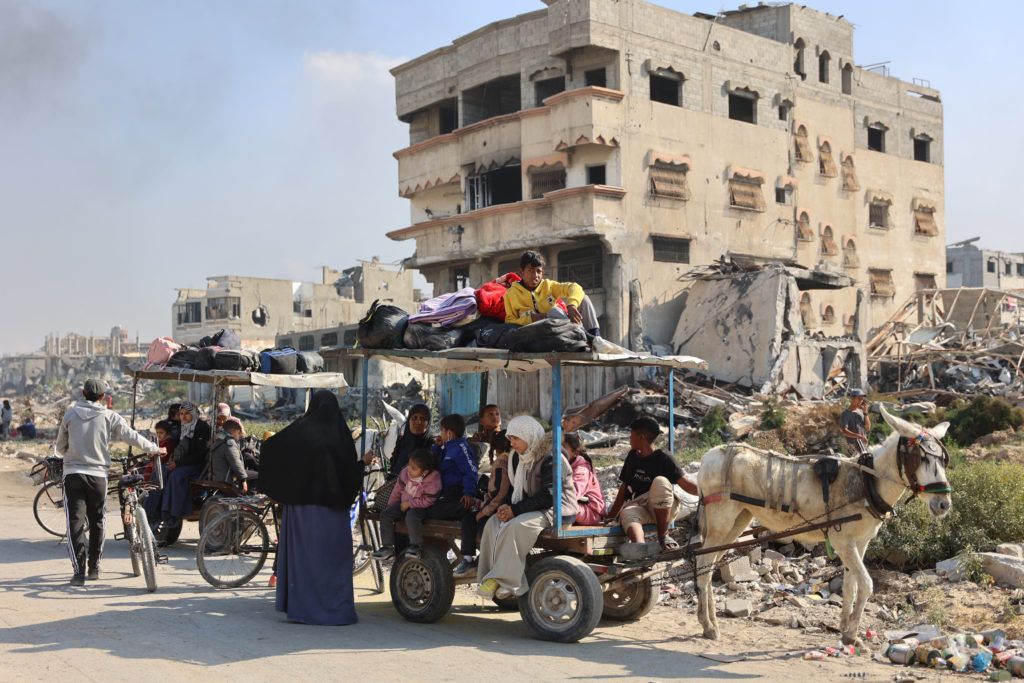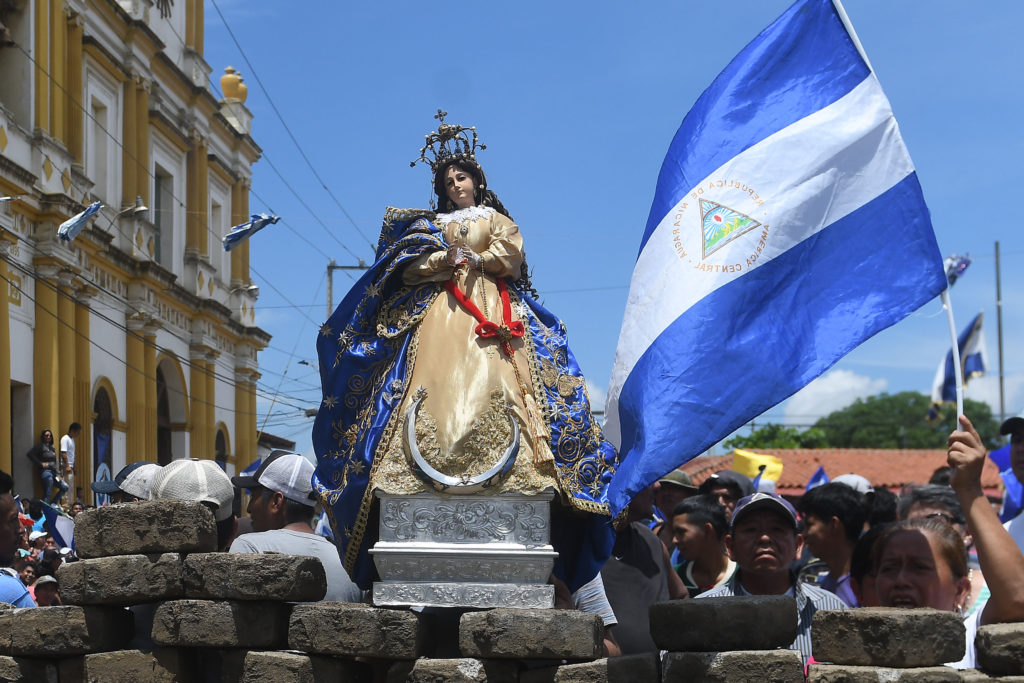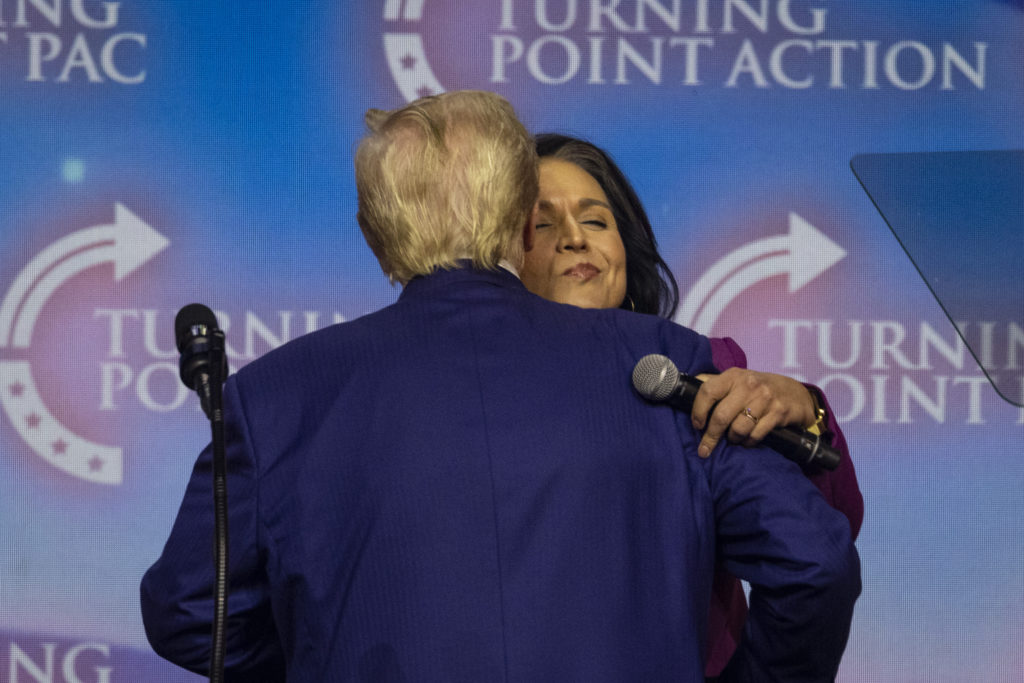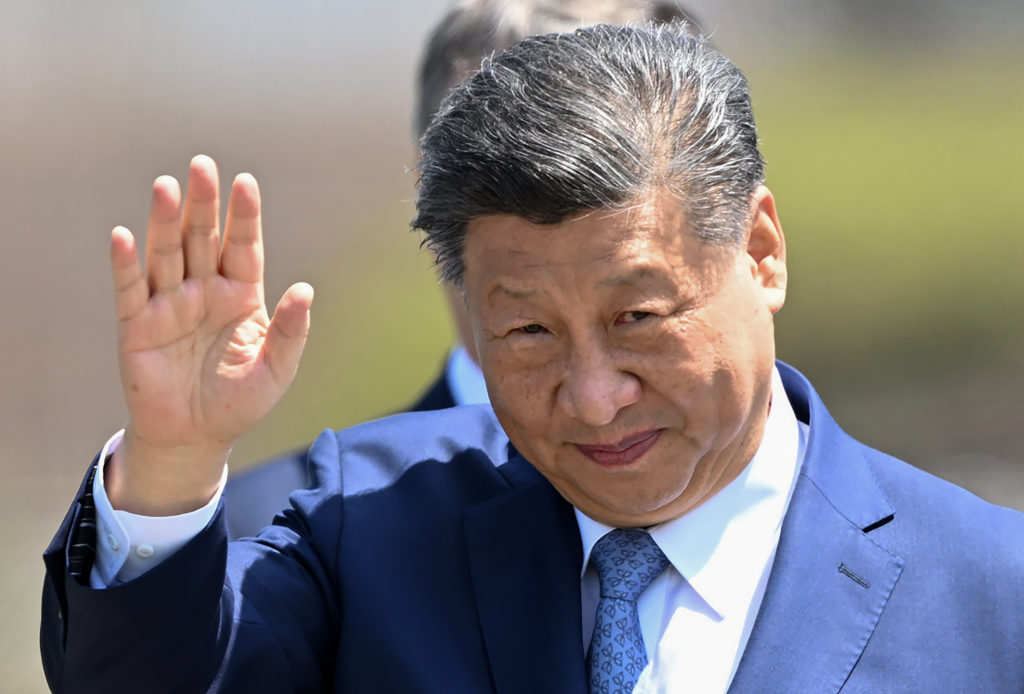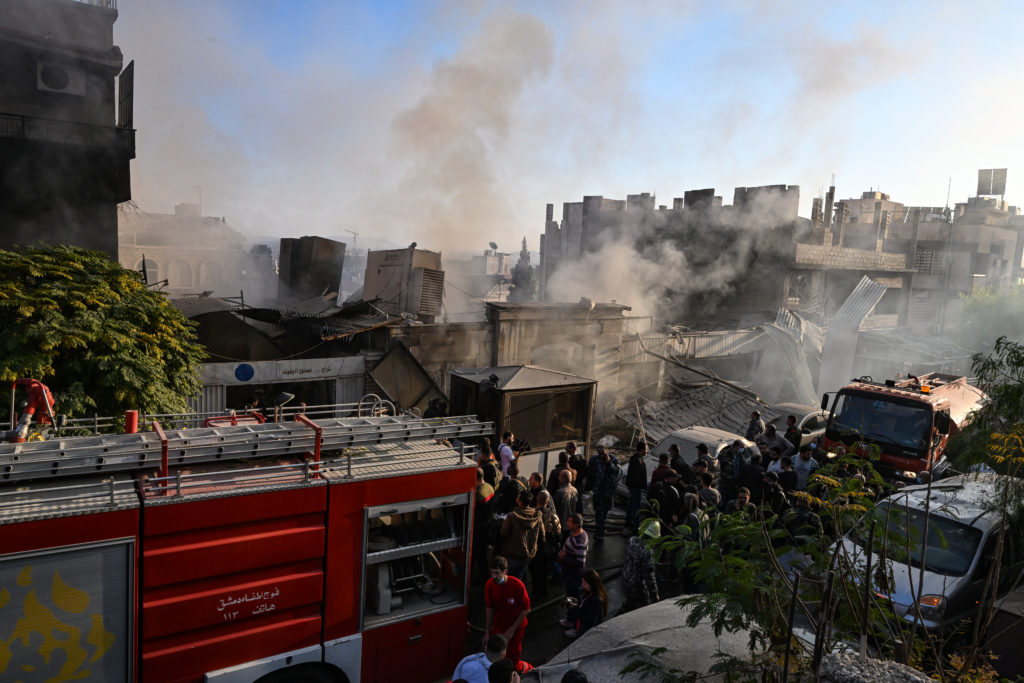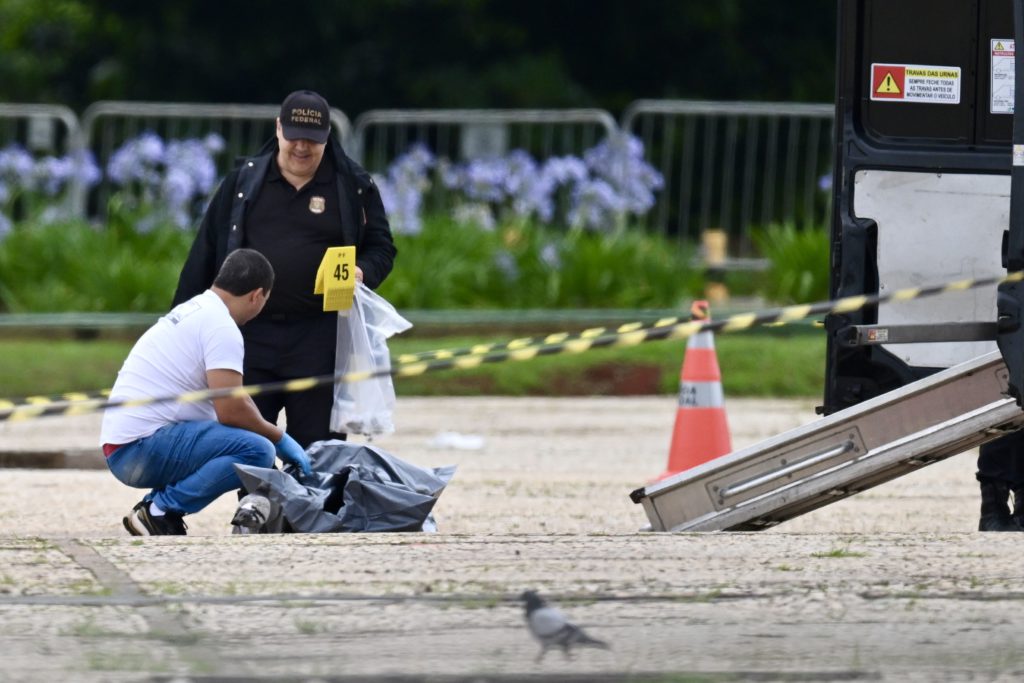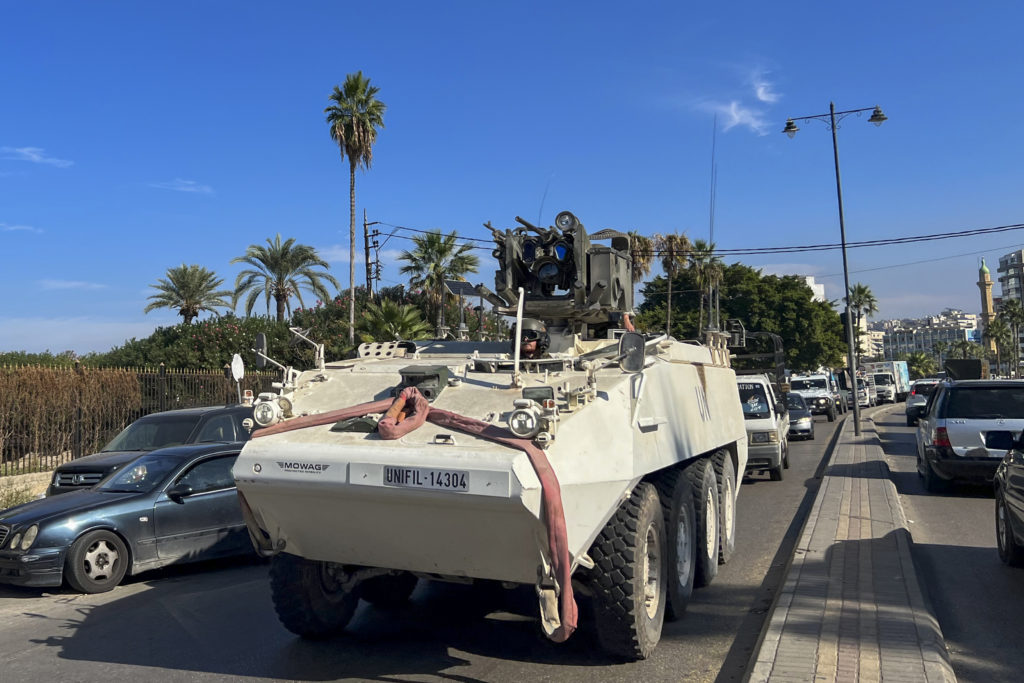The UN Security Council adopted a resolution Thursday to secure a formal presence in Afghanistan, whose Taliban government remains unrecognized by the international community.
The resolution — which avoids using the word Taliban — will allow the UN to continue its “crucial” work in Afghanistan, still reeling after decades of war and whose economy was devastated when the international community cut off aid as the Taliban took power last year.
The vote was 14 in favor, with one abstention, by Russia.
The United Nations has not yet recognized the Taliban’s pick of envoy to the body, and the resolution does not give the new government international recognition.
It includes several strands of cooperation, on the humanitarian, political and human rights fronts, including those of women, children and journalists.
“This new mandate for UNAMA (the UN mission to Afghanistan) is crucial not only to respond to the immediate humanitarian and economic crisis, but also to reach our overarching goal of peace and stability in Afghanistan,” Norwegian UN ambassador Mona Juul, whose country drafted the resolution, told AFP after the vote.
First established in Afghanistan in 2002, UNAMA’s mandate has in the past included humanitarian support, human rights advocacy, and political and regional cooperation. Before last year it also sought to protect civilians throughout the conflict and support the peace process.
“The Council gives a clear message with this new mandate: UNAMA has a crucial role to play in promoting peace and stability in Afghanistan and to support the Afghan people as they face unprecedented challenges and uncertainty,” Juul said.
The security situation in Afghanistan appears to be stabilizing, months after the Taliban walked into Kabul on August 15, 2021 as the United States rushed to withdraw after 20 years of war.
But since then the country’s humanitarian crisis has deepened.
The United Nations and other global aid agencies have said that more than half of Afghanistan’s 38 million people are facing hunger as winter drags on.
The country has known almost continuous war since 1979, broken up only by the Taliban’s first regime from 1996-2001.
As a result it is one of the world’s poorest, with little in the way of infrastructure and a young population traumatized by decades of fighting.
In January, the UN made its biggest-ever single-country aid appeal, calling for $5 billion to avert a humanitarian catastrophe.
Global donors led by Washington have insisted that any foreign aid will depend on the Taliban’s policy when it comes to women’s rights to education and work.
Since coming to power the Taliban have imposed several restrictions on women, though in a glimmer of hope officials have said that secondary schools for girls would reopen soon.
Earlier this month the World Bank announced more than $1 billion in humanitarian aid for Afghanistan, stating the money will go to UN agencies and international NGOs while remaining outside the control of the Taliban.

